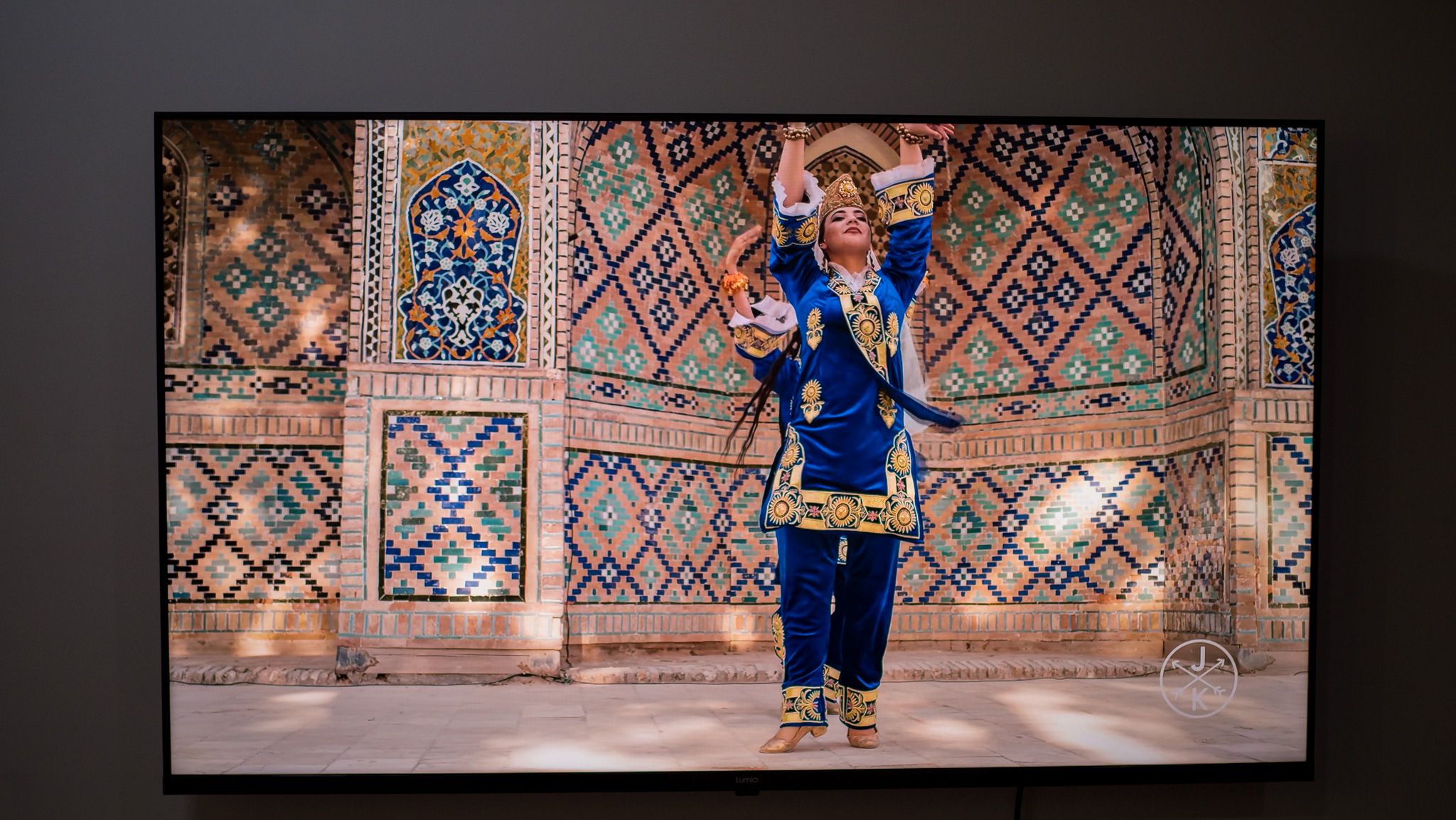How to recreate the movie theater experience at home
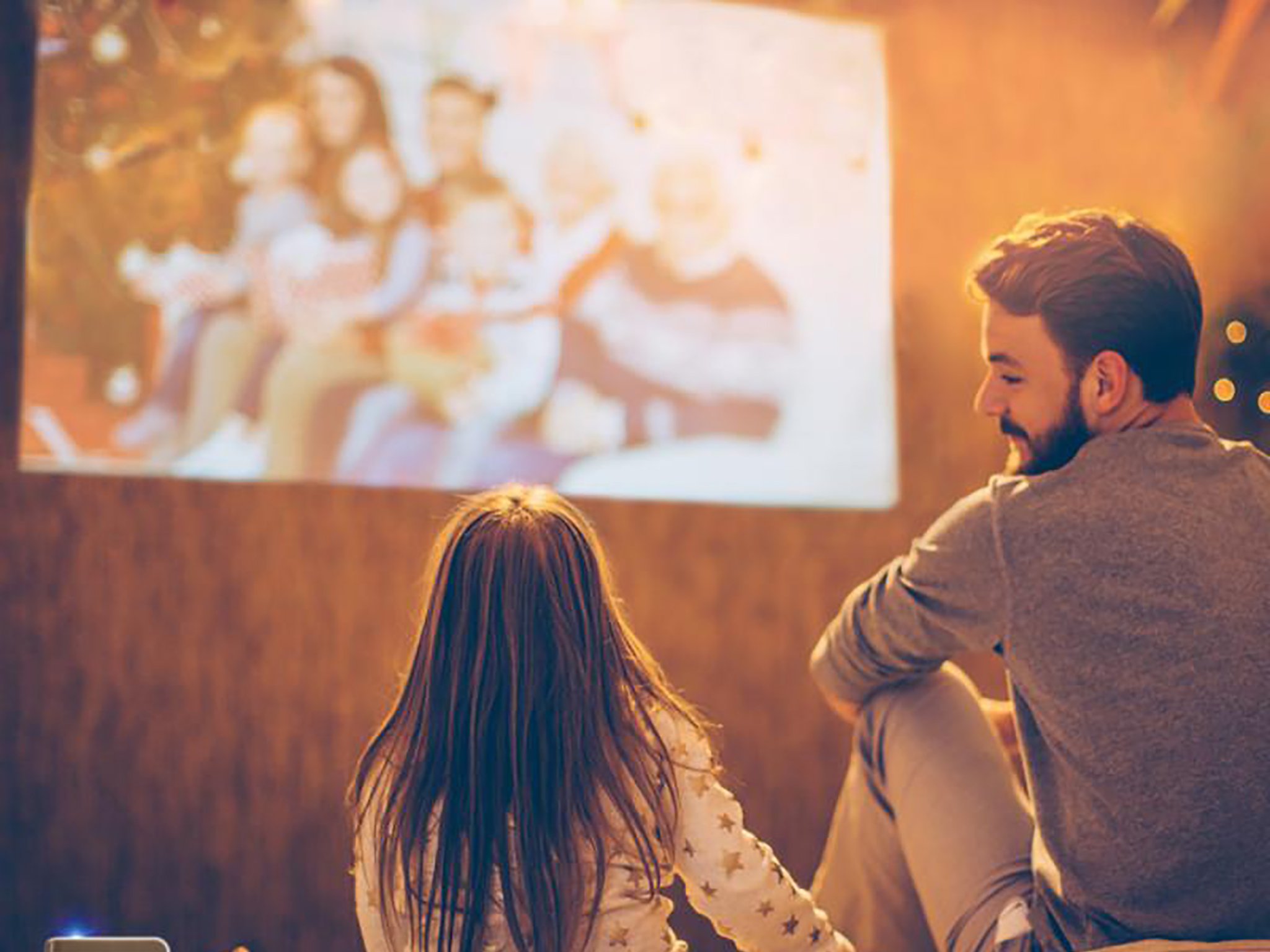
While going to the movies makes for a great night out, sometimes you want that movie experience but don't want to have to spend the exorbitant amount of money on tickets and snacks, and deal with annoying other patrons in the theater. This is where recreating the movie theater at home can come in handy. And it's actually quite doable. With an initial investment in the core components — a projector, a screen, speakers, and a streaming source device like a streaming stick — you can set up a pretty decent theater at home. And we're here to help with this guide on how to do it.
Products used in this guide
- Mid-level option: Epson Home Cinema 2150 Wireless 1080p Miracast 3LCD Projector ($849 at Amazon)
- An elite choice: Elite Screens Manual B 100-inch Pull Down Projector ($69 at Amazon)
- A true home theater system: Polk Audio 5.1 Channel Home Theater System ($599 at Amazon)
- Movies on fire: Amazon Fire TV Stick 4K ($40 at Amazon)
The core components
If you want to set up a movie theater at home, you'll likely need a projector, a screen, speakers, and a source device for the content.
The projector will project the moving image onto the screen. And while many include built-in speakers, you'll want to connect other standalone speakers to amplify the audio and ensure a full surround sound experience. Finally, where is the content going to be coming from? Naturally, you need a source device, which can be anything from a streaming stick or box to a NAS drive or even your laptop.
The projector is at the heart
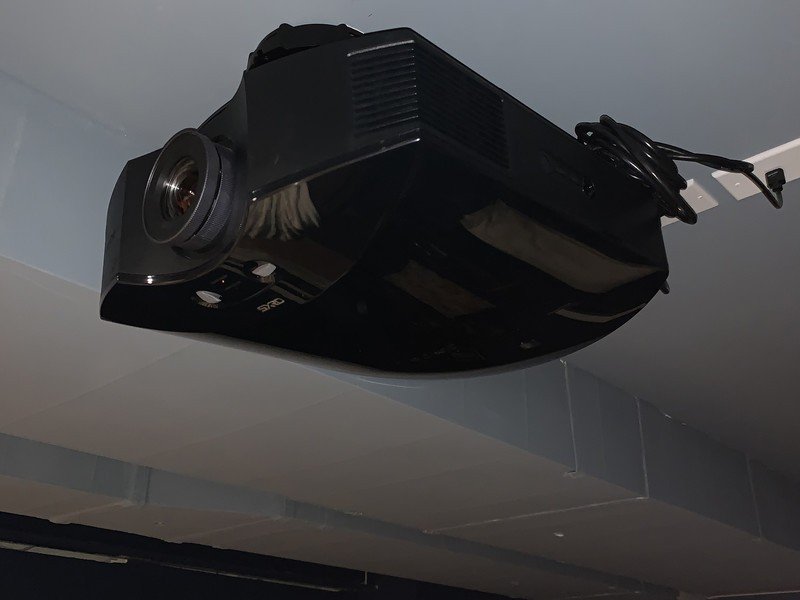
You want a good projector that's able to display an image large enough to fit the screen while maintaining decent resolution. If you really want to rival an authentic movie theater experience, you'll have to invest in one that can display content in up to 4K. (Keep in mind that the source content has to be of that resolution, too, in order to get the best visual results.)
If you want a projector for outdoor movie nights in the summer, designed to rival the drive-in experience, you'll specifically want one that can display a gigantic image without losing any (or much) quality. I use a portable projector that can display an image up to 150 inches in size at 16:9 widescreen aspect ratio (just like the movies). It has Bluetooth for connecting to external speakers wirelessly, HDMI and USB for connecting a streaming stick (I use an Amazon Fire TV Stick) or laptop, memory card slot, and more. I like the idea of having a projector with multiple options so if your friend is coming over with a movie to watch, you can tell them to save it to a memory card or USB flash drive to plug right in.
The ViewSonic M1 Mini Portable LED Projector is a good option for the outdoors thanks to features like its built-in battery and smart stand so you can adjust the angle without having to prop it up on a pile of books.
Be an expert in 5 minutes
Get the latest news from Android Central, your trusted companion in the world of Android
For inside, chances are you'll mount the projector permanently on the wall and will be looking for a higher-end option. You won't get full 4K video support with the Epson Home Cinema 2150 Wireless 1080p Miracast 3LCD Projector, but you can watch a great family-friendly movie from the comfort of your couch. You can watch an image that's up to 11 feet in size, stream content from a variety of devices, and even "mirror" the content from your compatible device, like an Android smartphone or tablet.
If you're ready to go big or go home, consider a 4K projector like the Sony VPL-VW295ES Full 4K Projector, which will set you back as much as a high-end 4K flat-screen television. However, you'll get crisp, vibrant colours, and fast action scenes in movies and gaming will look true-to-life, just like in the theater.
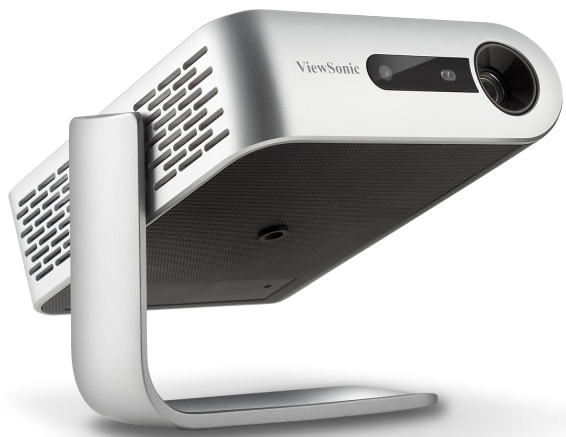
Take it with you
This portable projector is ideal for outdoor movie nights or to move from room to room, with a built-in battery and smart stand.
Upgrade picks
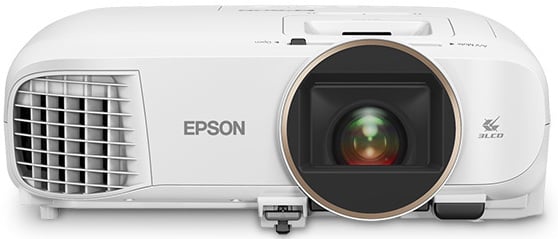
Not only display content from a variety of sources, also wirelessly "mirror" content from a compatible device to the screen.
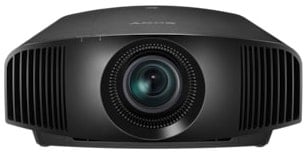
Truly rival the authentic theater experience with this high-end 4K projector that will display images that jump off the screen.
Which projector screen should you get?
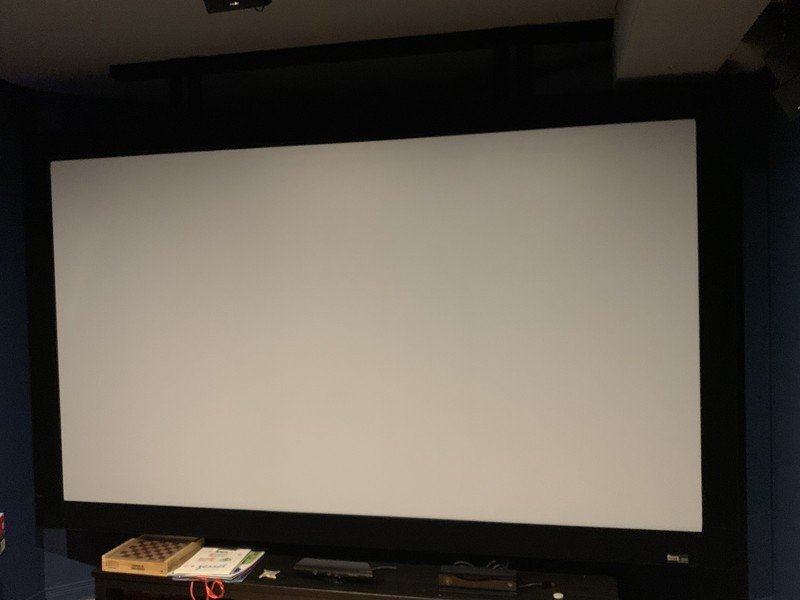
You'll, of course, need a screen to display projector video on. Theoretically, you could just use a blank white wall or even a basic white sheet pulled tightly across a surface, but you'll get a better result with an actual projector screen.
The Elite Screens Manual B 100-inch Pull Down Projector has a slow retract mechanism and 2-inch interval auto-lock so you can set it to the height you prefer depending on what you're watching. Pull it down easily using the lanyard and get a 16:9 image on a screen that's easy to install using the optional 6-inch and 12-inch L brackets. At under $70, you can't go wrong with this choice.
However, you can even get a basic screen for under $40, like the Keenstone 120-inch HD Foldable Portable Screen, which folds up for easy storage when you aren't using it. To set it up, there are 18 mounting holes and you can use ropes, hooks, nails, stickers, or whatever other household equipment you prefer to get it up. It even comes with ropes and a 24-pack of hooks. For outdoors, for example, you might be OK using nails in the fence in your backyard. But for inside, you might want to use stickers instead.
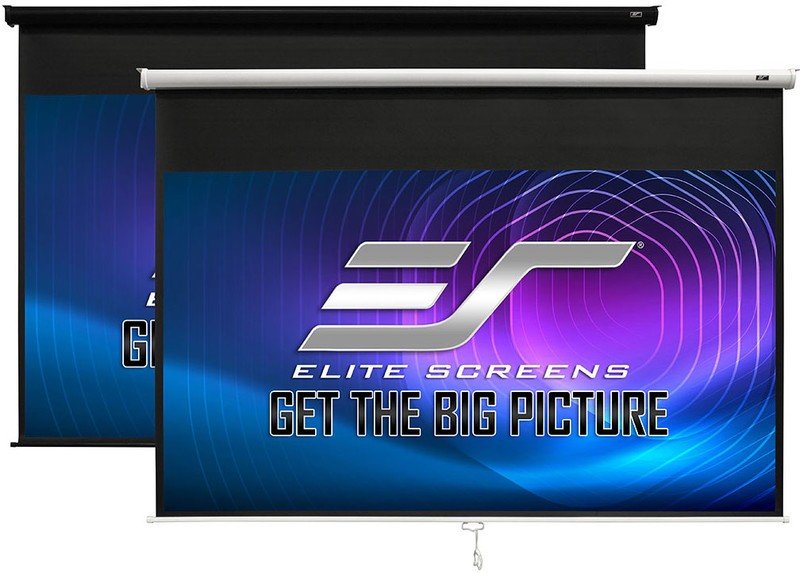
Easy set up
Install it using brackets than pull down on the lanyard to watch movies and use the slow retract mechanism to fold it up when done.
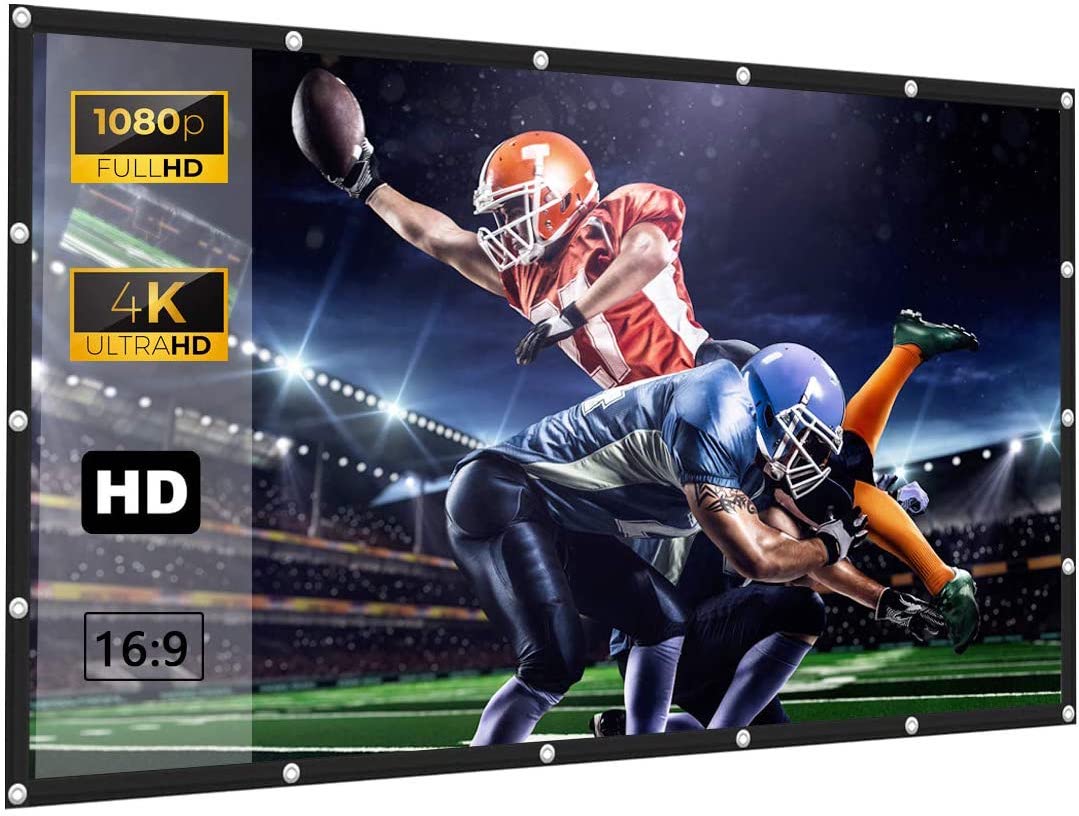
You can't go wrong with this affordable screen that comes with mounting holes, rope, and hooks to set it up just about anywhere.
Which speakers should you get?
You could go a number of different ways when it comes to speakers, depending on the type of projector you have. For our outdoor set-ups, we use a large, outdoor speaker that provides 360-degree sound and connects via Bluetooth. A good option in this respect is the JBL PartyBox 100 Portable Wireless Bluetooth Party Speaker, which provides the signature JBL sound, works on a portable and rechargeable battery, and can connect wirelessly to a compatible projector. While it's designed for music playback, there's no reason you couldn't use it for movies, too. Link two together wirelessly and place one at either side to create a surround sound experience.
However, for an indoors theater, you'll want something more enveloping that includes multiple speakers to cover the left and right as well as center channel to ensure an immersive experience. You could even opt for ceiling-mounted speakers to provide a totally immersive experience, but let's go one step at a time!
What I really love about the JBL Bar 5.1 Soundbar is that, while soundbars still haven't reached the level of tower speakers in terms of sound quality, they are getting better and better. It sounds incredible and employs a really unique design. There are two removable speakers on either side of the soundbar that you can pop out and place at the left and right corners behind you for a more immersive experience when desired. The soundbar also comes with a subwoofer that you'll need to connect to handle the deep bass and booming sounds.
Remember that a big part of the theater experience is hearing those sounds all around you, whether it's footsteps coming from the left or distant screams from the rear. So to get the best experience possible, you don't want to rely on just a single speaker up front and center.
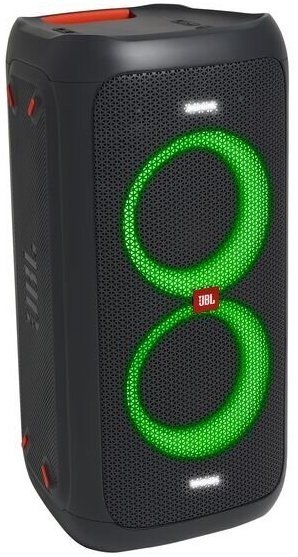
Big sound anywhere
Take this speaker anywhere to create big, booming sound with movies; pair two for stereo sound.
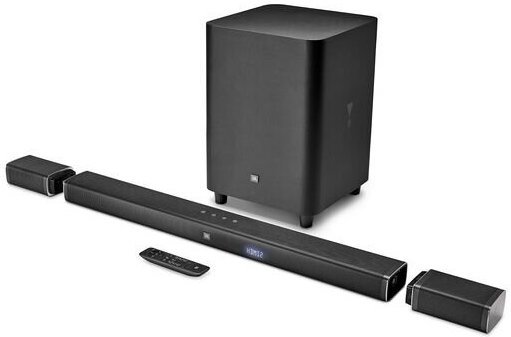
This isn't your ordinary soundbar: remove the two ends to use as bookshelf speakers for a true surround sound experience.
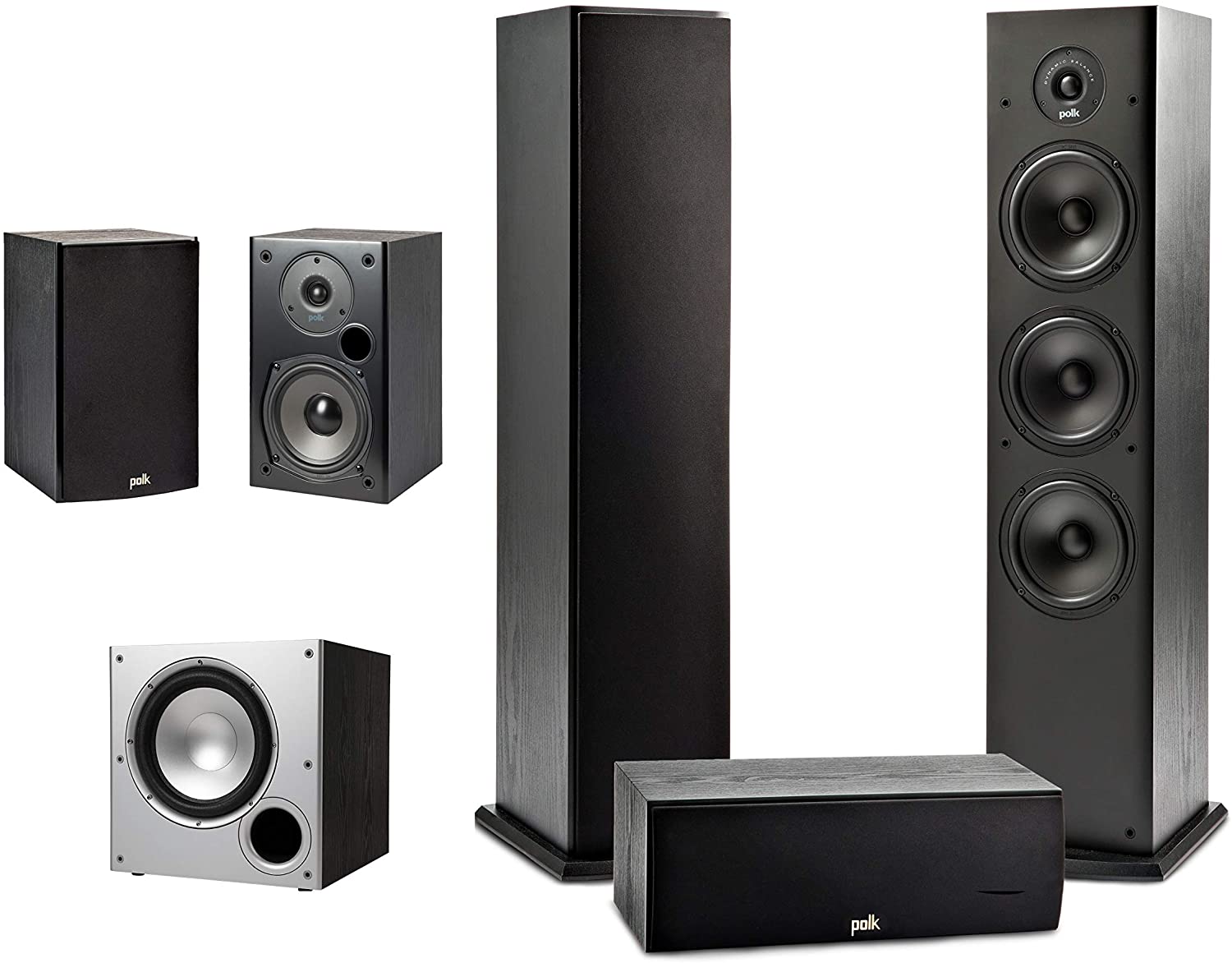
Enjoy immersive sound with this 5.1 home theater system that includes two bookshelf and tower speakers, a center channel, sub, and powered sub.
The right source of content for your home theater
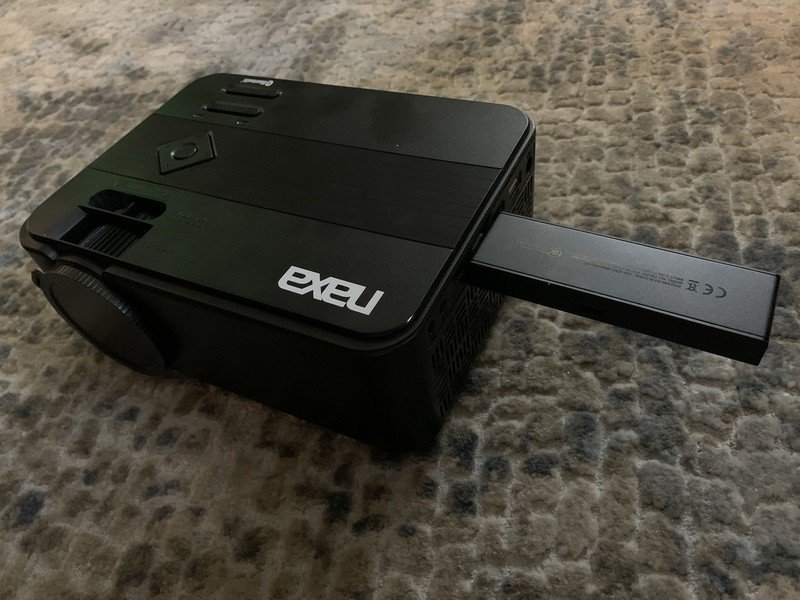
Of course, all of this is nothing without a source of content to watch! What you can use depends on the projector and what inputs it has. At the simplest level, you can probably plug your laptop right into the project using an HDMI cable and then use the screen as your "display." That's a simple, but not exactly ideal, setup. These days, there are so many other options.
The most common nowadays is to use a streaming stick. I use an Amazon Fire TV Stick, which plugs right into the projector. Once plugged in, follow the on-screen set-up instructions just as you would on a flat screen TV, using the included remote.
The Google Chromecast is also a good option, functioning in the same way: plug it into the projector's HDMI port and follow the on-screen instructions. But keep in mind that if you want to get 4K quality video, you'll need to pay twice as much for the 4K-enabled Google Chromecast Ultra.
With either of these, you'll need a subscription to a streaming service, like Netflix, Disney+, or Amazon Prime Video to watch a movie from there, or you can watch videos from free services like YouTube or leverage your existing cable/satellite TV subscription and/or network streaming apps. There are also services like Plex that offer access to movies and TVs shows live, on demand, and from your own library. In most cases, you will have to enter your credentials to get going.
Other ways you can get content onto the projector screen include inserting a USB flash drive or memory card (if it supports those) or connecting a NAS drive with your own library of content. In these cases, you'll need to access the projector's settings then follow the instructions (or refer to the manual) to navigate to that connected port, pull up the content, configure audio, and go. The video file type needs to be supported so check the manual so you know what format to save or downloaf the video in. You could also manually connect a Blu-ray, DVD player, or gaming console.
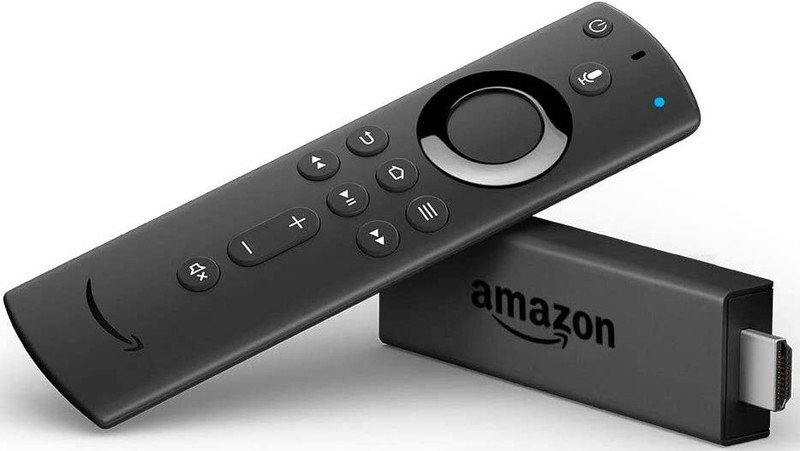
Plug it in
Plug the HDMI device into the projector, follow on-screen instructions, log into a streaming account, and you're off to the races.
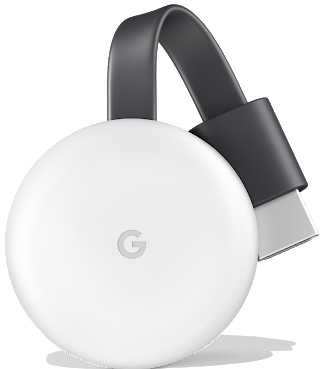
It doesn't get any easier than this device that plugs into a compatible projector and gives step-by-step instructions for set-up.
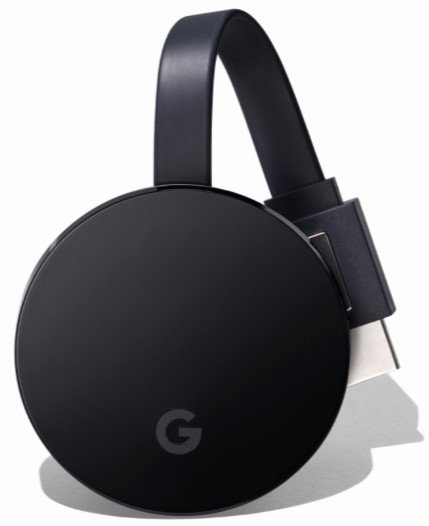
Get gorgeous 4K video playback with this version of the popular Google Chromecast streaming stick.
What else you'll need to complete the home theater experience
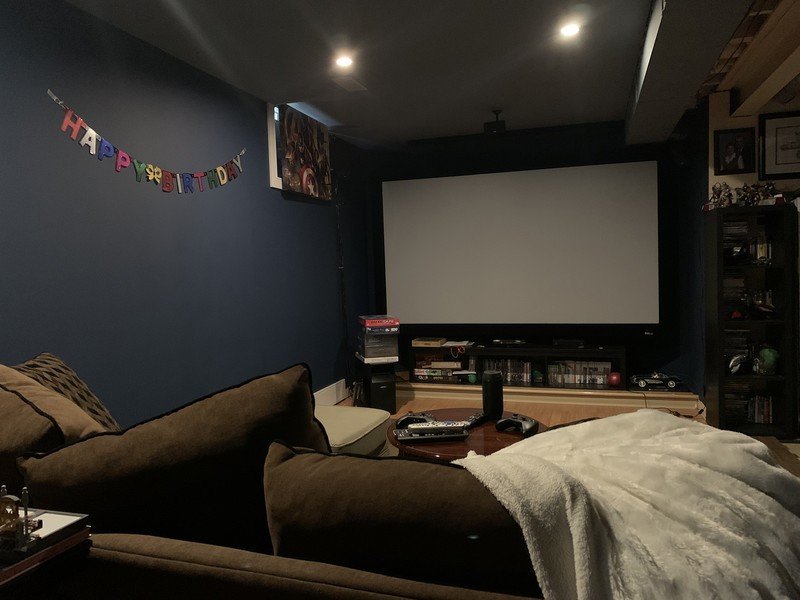
If you really want to go all out to complete your movie theater experience at home, consider investing in theater seating for your theater room, whether that's in the basement, den, or dedicated listening room. (You'll want to use a room with very little ambient lighting to ensure as dark as setting as possible.) You can also set up regular chairs in rows with nice padding to keep everyone comfortable.
Snacks are a must, too. Order authentic movie theater popcorn, snacks, and other confectionary items from restaurant delivery apps like Uber Eats. Or make your own snack packs at home with popcorn, chocolate, and, of course, large cups of soda. Make it a premium experience instead with ice cream, baked goods, coffee, or vegetable snacks.
But from a tech perspective, if you have the projector and screen mounted or set up temporarily, speakers (or at least a speaker or soundbar for better audio), and a source for the content, combine it with the right ambiance and movie nights at home could become a weekly thing.

Christine Persaud has been writing about tech since long before the smartphone was even a "thing." When she isn't writing, she's working on her latest fitness program, binging a new TV series, tinkering with tech gadgets she's reviewing, or spending time with family and friends. A self-professed TV nerd, lover of red wine, and passionate home cook, she's immersed in tech in every facet of her life. Follow her at @christineTechCA.
